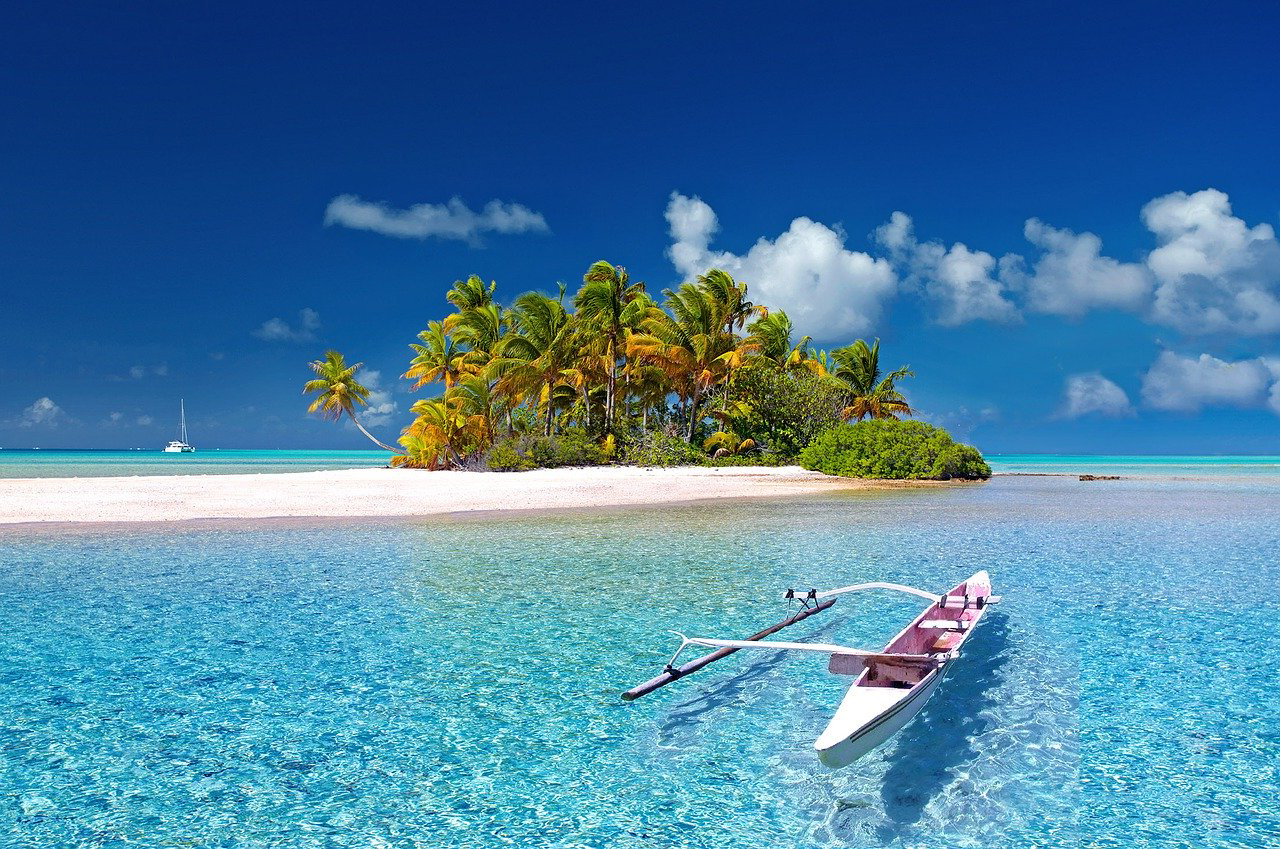Sustainability – an essential priority for travel brands in 2020?
Of the various challenges and opportunities travel businesses are likely to face in 2020, demonstrating a commitment to sustainability is likely to be one of the biggest.
An increasing number of consumers across various industries are showing an interest in sustainable products, and research has suggested people are following up their good intentions by changing their buying habits.
Tensie Whelan, director of the New York University Centre for Sustainable Business, told Fortune: “Across virtually every category of consumer packaged goods, sustainability is where the growth is, which I think tells you something about where consumers are.”
But this is a trend that extends way beyond fast-moving consumer goods. The travel industry’s undeniable impact on the environment means businesses in the sector need to make sustainability a key theme in their marketing if they want to maintain positive brand perceptions and earn customer loyalty in 2020.
An issue brands can’t ignore
With consumers paying more attention to the sustainability element of their brand choices and buying decisions, businesses need to acknowledge the importance of this issue and demonstrate the positive actions they are taking.
This is particularly important in the travel sector. According to a study led by the University of Sydney and published in the journal Nature Climate Change, tourism is responsible for eight per cent of global greenhouse gas emissions.
According to Abta, the UK’s largest travel industry association, consumers are becoming more aware of the environmental and social impact of their travel activities.
With issues like animal welfare, plastic pollution and climate change gaining prominence in the public consciousness, there is a growing expectation for the industry to take positive action and demonstrate how tourism can bring value and have positive effects.
Abta chief executive Mark Tanzer said: “Sustainability issues are now firmly in the minds of holidaymakers.
“The travel industry continues to develop plans and initiatives which support local communities, their economies and the environment, so that tourism is a benefit to everyone.”
Sustainability was a key element in three of the five trends highlighted by Abta in a report looking ahead to 2020. These included electric aviation and the rise of ‘slow travel’, which involves taking more time to gain a deeper understanding of destinations that are off the usual tourist trail.
Brands that get on board with these sorts of ideas could see the benefits in terms of increased customer engagement and loyalty.
What actions are companies taking?
Some travel companies have based their entire business model on the concept of responsibility and ensuring they give something back to the destinations in which they operate.
Intrepid Travel, for example, states that responsible practices have been at the heart of everything the company does since it started out as a small tour operator in 1989.
Many large organisations are seeking to mitigate their impact on the environment by making gradual changes in how they operate. Virgin Voyages has made a commitment to eliminate single-use plastics and claims that its cruise ship propulsion technology now reduces fuel consumption by 15 per cent.
In the aviation sector, companies like Delta Airlines and JetBlue have set up webpages dedicated to sustainability where they state their commitment to environmental protection.
Crucially though, savvy consumers will want to see that businesses are not just saying the right things, but following up their words with actions.
Beyond the environment
As the industry moves into 2020, it will also become increasingly important for travel brands to recognise that sustainability is about more than just the environment and the natural world.
Businesses need to show an awareness of the impact tourism is having on local communities and cultures in the destinations where they operate.
Robert Richardson, an ecological economist and professor at Michigan State University, told AdWeek that sustainability scholars tend to think about this issue “not just in the environmental context, but the way that corporations interact with people and society.”
“When you think about sustainable travel, we also think about social responsibility – how communities at the destination are impacted by travel and tourism,” he said. “Are workers paid fairly? Are tourists overwhelming cultural norms and destinations?”
Prof Richardson noted that many businesses are focusing on “low-hanging fruit” and making positive changes that can be easily conveyed to the public. While this is a positive trend that is likely to earn goodwill and brand recognition, brands that want to make a real commitment to sustainability will want to go even further.
Sustainability is a multifaceted concept and a big challenge for travel brands, but it’s also an area where an increasing number of companies are accepting responsibility and making changes for the better.
If this will be a priority for your business in 2020, you’re probably thinking about ways to incorporate your commitment to sustainability into your marketing.
Social media can be a powerful tool to connect with your customers and build relationships, but are you equipped with the necessary communication and localisation expertise to engage with audiences in target markets around the world?
Building expertise in multilingual search can help to pinpoint audience preferences and use these to tailor content to secure conversions. One of the first steps to understand your audience is to use research and testing to gain detailed insights into the local market. From an SEO perspective, to understand their audience, brands should examine three key factors. Firstly, the existing search volumes to ascertain which keywords are worthwhile areas to compete for. Secondly, whether there is a need for localisation; and finally, ad space opportunity.
After these insights have been revealed and the audience profiles are mapped out, your brand is in a much better position to draft content that resonates with those types of customer. For instance, brands can start incorporating keywords that that segment of the audience react better towards their localised ad copy.
Similarly, in a global industry like travel, an international SEO strategy can boost your search visibility and put your brand in front of customers who are looking for providers that prioritise sustainability.
To find out how Locaria can help you in these and other areas of your marketing in 2020, give us a call on +44 (0)20 3948 6800, or request a quote online.



